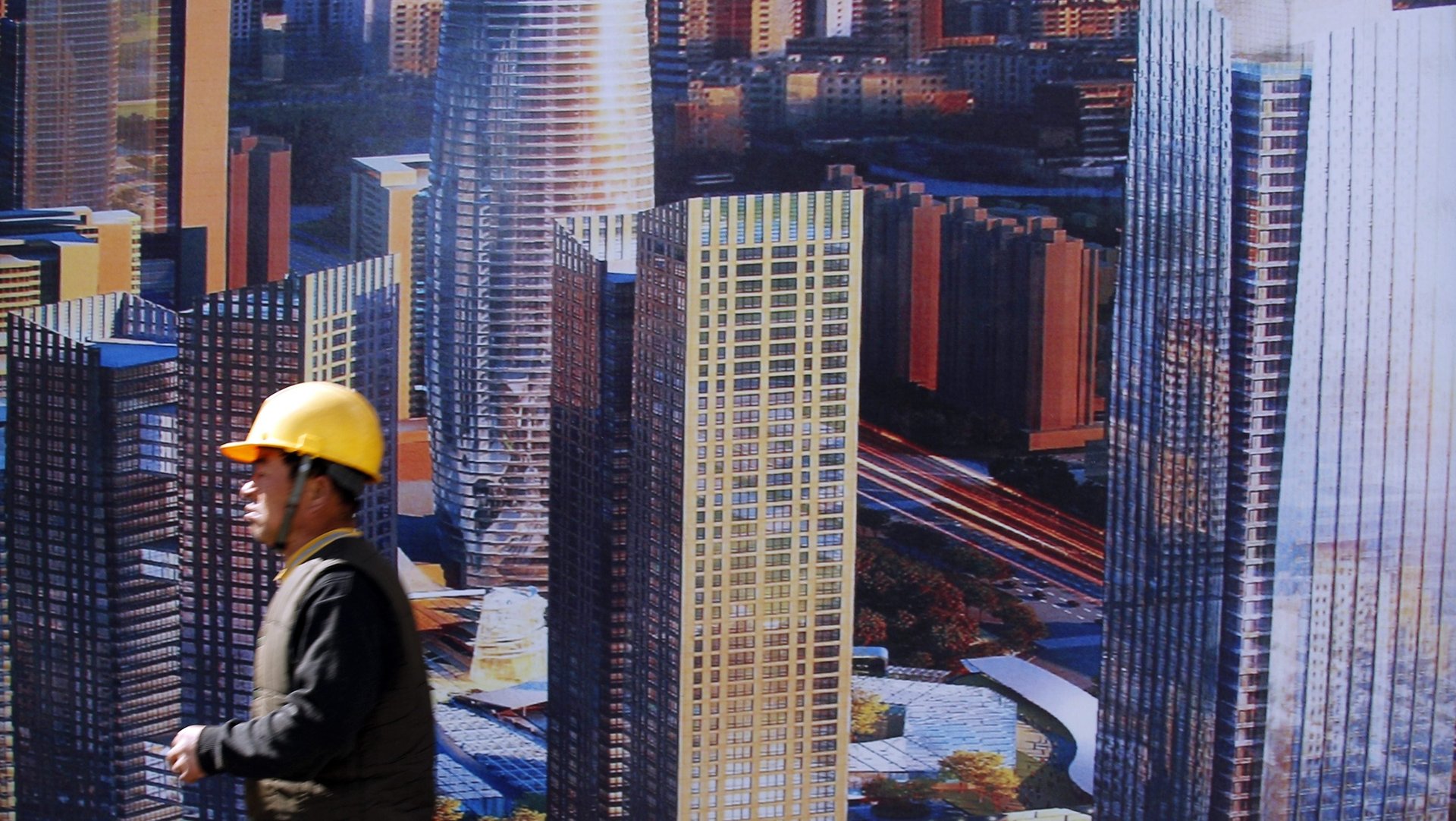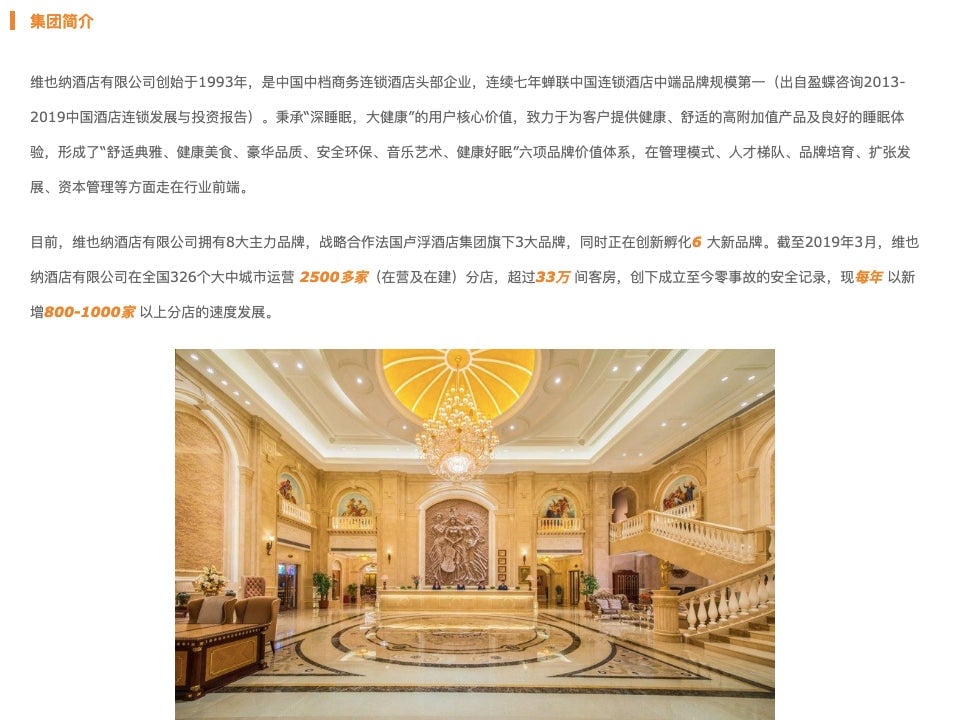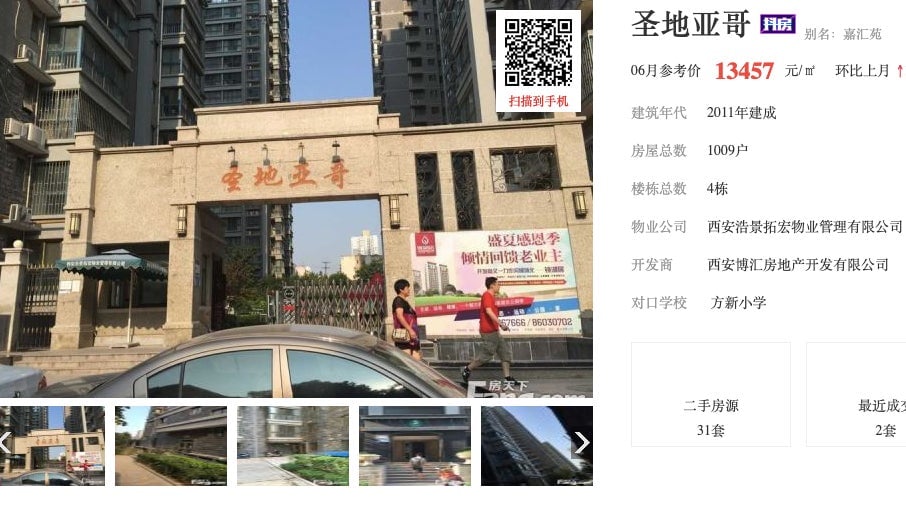China’s weeding out “Western-worship” property names like “Beverly Villa” and “Versailles Garden”
In China, names like “Florence Town,” “Vienna Hotel,” “Beverly Villa,” or “Manhattan Square” have long signaled how upscale a hotel or gated community is. But amid trade tensions, city governments are admonishing these properties for looking up to the West.


In China, names like “Florence Town,” “Vienna Hotel,” “Beverly Villa,” or “Manhattan Square” have long signaled how upscale a hotel or gated community is. But amid trade tensions, city governments are admonishing these properties for looking up to the West.
Local governments from at least seven provinces and one autonomous region—Hainan, Guangdong, Fujian, Zhejiang, Sichuan, Shanxi, Shaanxi, and Ningxia—have ordered a number of businesses and residential complexes to “rectify” names that suggest “Western-worship,” “feudal practices,” or “exaggeration,” official documents and news reports (link in Chinese) show.
The orders are part of a national campaign that started in December (link in Chinese) when China rolled out a policy demanding the reconsideration of names as part of an effort to “encourage and promote outstanding culture.” In March, China held a high-level conference on “toponymic management,” after which China’s Ministry of Civil Affairs noted that (link in Chinese) local governments should “have an in-depth understanding of the political nature of location names, and prioritize serving the country’s sovereign interests.”
The latest examples to fall in line are Hainan, known as China’s Hawaii for its tropical vibe, and northern province Shaanxi, which together listed more than a hundred places authorities say are “irregular.” A significant number of the foreign names listed are related to the US, which since July last year has been in a tariff war with China. Apart from “Beverly Villa,” they include “Los Angeles Complex,” “Hawaii Coast,” and “California Sunshine Complex.”
But European-sounding names—”Versailles Garden” and “Sunny Baroque Complex”—have been targeted too. In mid-June, authorities told Vienna Hotels Group, a popular hotel chain, to change the names of its 15 branches, because they convey “western-worship,” according to the list (link in Chinese) from Hainan’s civil affairs office. The group operates in more than 300 Chinese cities (link in Chinese) and is owned by China’s largest hotel operator Jinjiang Group, a state-owned business that operates more than 12,000 hotels worldwide (link in Chinese).
Vienna has disputed the order with the provincial government, arguing that it has registered the name as a trademark until 2022, according to its statement on social network Weibo (link in Chinese).

In Shaanxi’s capital city Xian, authorities named 19 places, such as “San Diego Complex,” and “Xin Fu Xing New York Complex,” asking them to rectify their nomenclature by the end of this month (link in Chinese). The same province will embark on a wider cleanup next month. “With the exception of foreign company brands, and history and cultural heritage, buildings in the city are not allowed to be named after foreigners, foreign places, Chinese translations of foreign words, or foreign characters,” say its rules, which are in effect till 2023 (link in Chinese).

Authorities didn’t spell out who qualifies for exceptions, but here are some hints—the Bethune International Peace Hospital hasn’t been asked to change its Chinese name, noted Xiakedao (link in Chinese), a Weibo account under China’s state-backed newspaper People’s Daily. It’s named after Canadian doctor Norman Bethune, who is regarded as a Chinese hero for his contribution in the 1930s to China’s medical system during its war with Japan. Places named after Russian revolutionary Vladimir Lenin, an inspiring figure for China’s Communists, also appear to be unscathed (link in Chinese).
Some places have already changed their names under the new rules (link in Chinese). For instance, “Manhattan Square” in Zhejiang’s Taizhou city has changed into “Sun Valley Complex.” In the same province’s Wenzhou city, a luxury residential area has changed its name from “Zhong Rui Manhattan” to “Man Ha Tun.”
The name changes are likely to lead to bureaucratic hassles for many. For instance, people might need to change the address on their IDs and hukou, the household registration system tied to social benefits and property ownership, a notoriously painful process.
Contrary to what authorities say about promoting Chinese culture, some think this shows the opposite—that in fact, the changes are a reflection that China is deeply unsettled about its own political and cultural power.
“When authorities trust their power, they are receptive of foreign cultures… but when the economy slows down, when the power struggles [happen], when they feel surrounded by enemies, the powerful become sensitive, and want to run away from these foreign influences that have become a threat,” wrote one user on messaging app WeChat (link in Chinese).